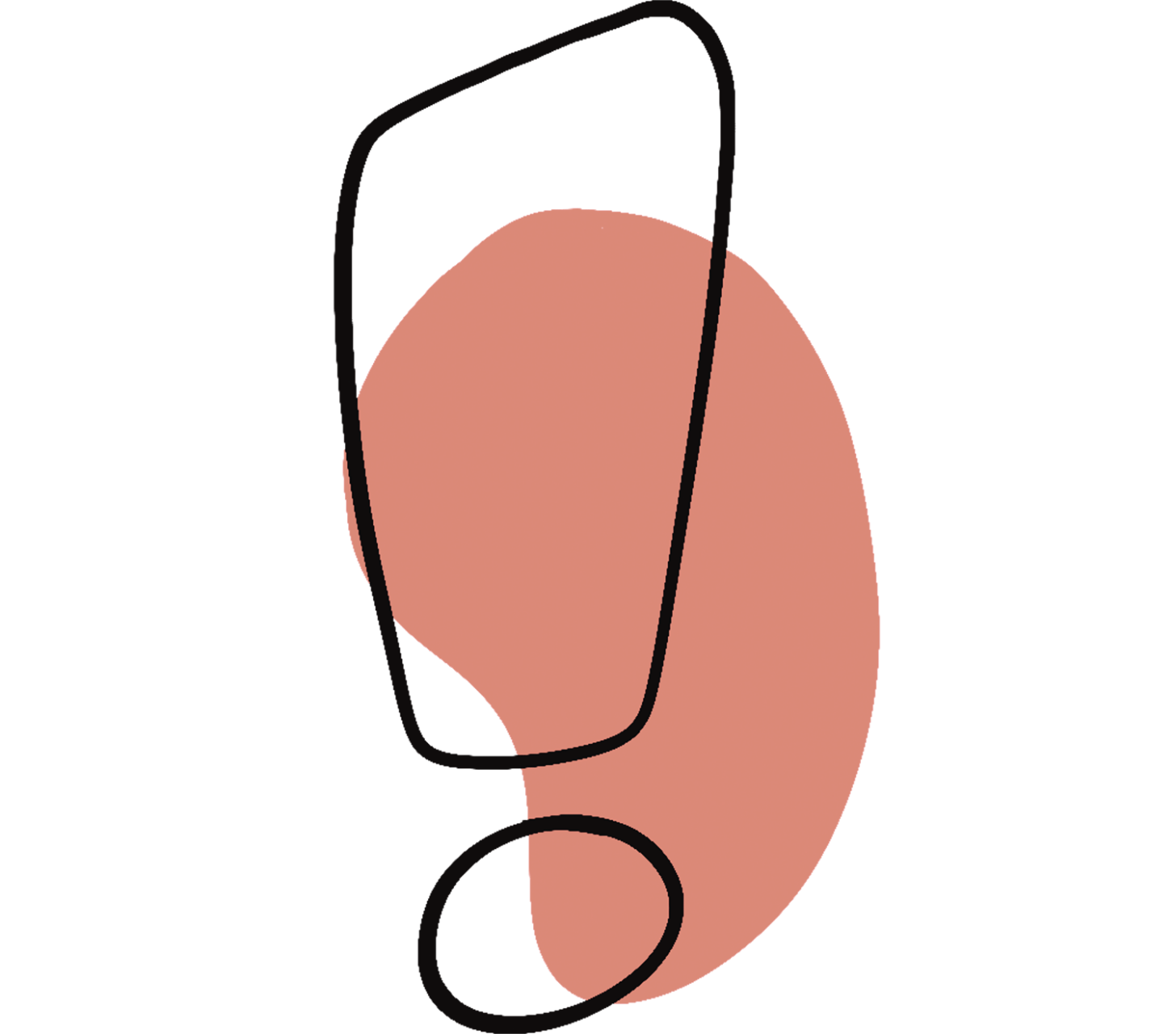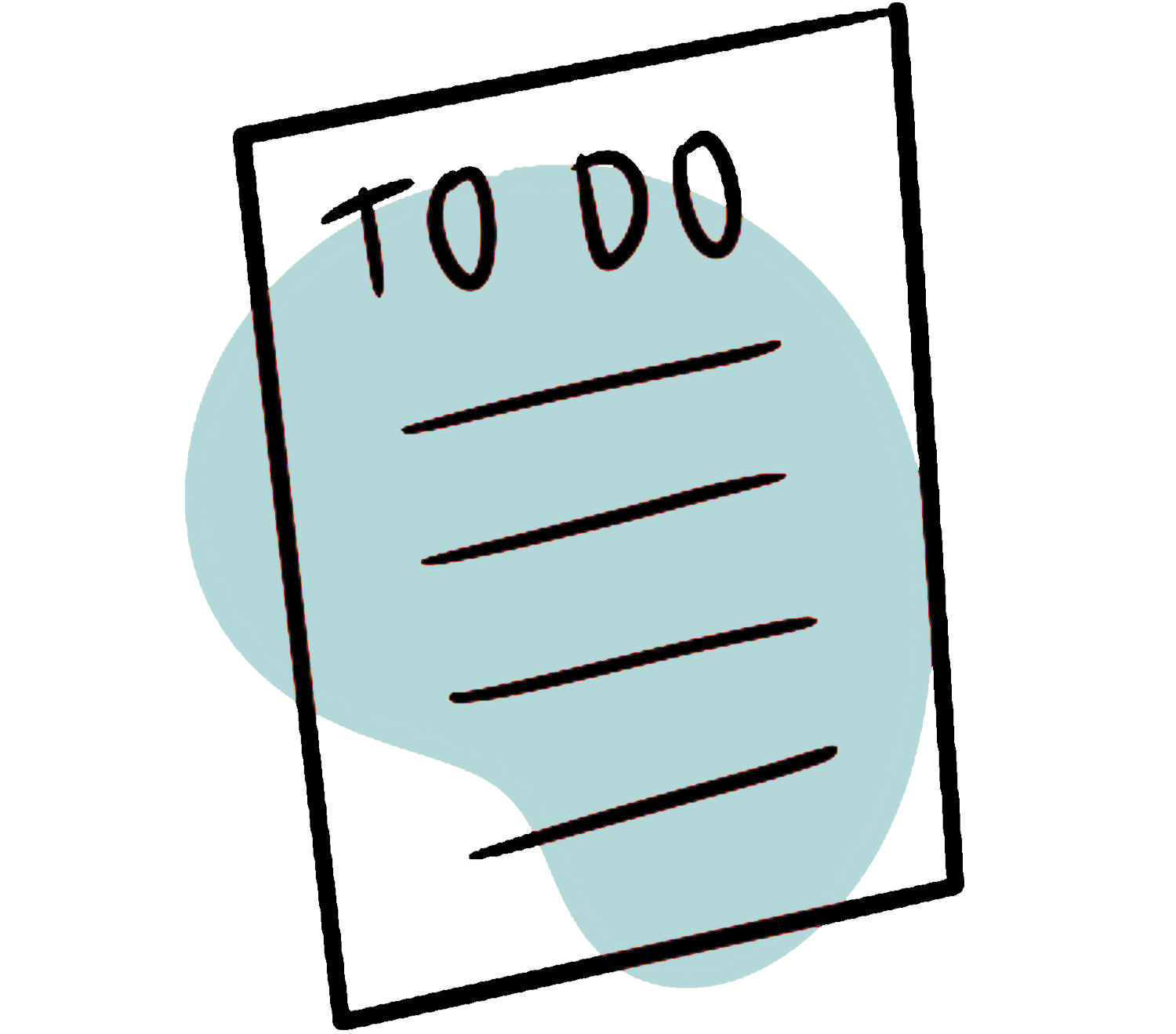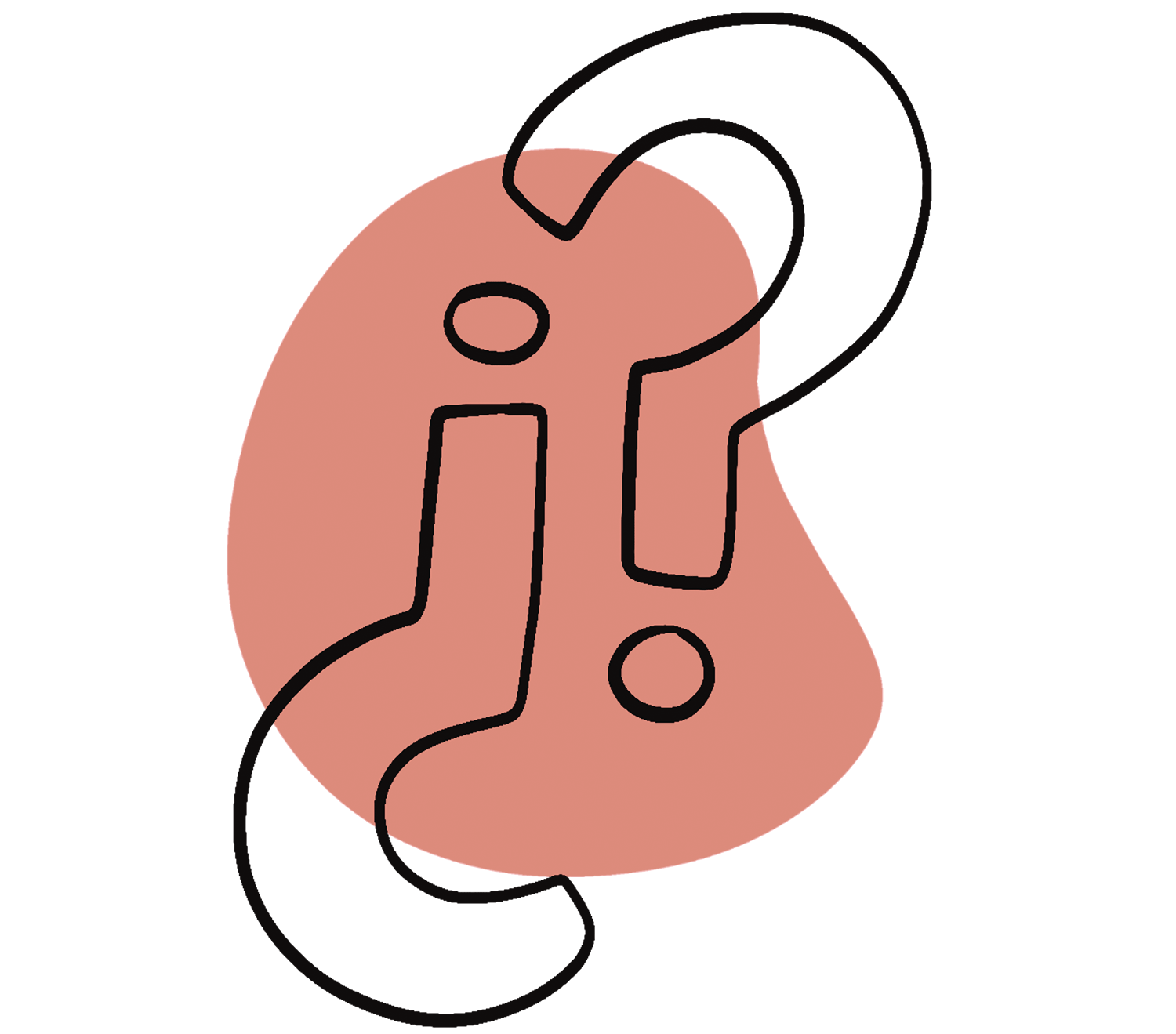Writing a scientific paper consists of several phases. However, these steps rarely follow this seemingly ideal order – they often take place parallel and sometimes more than once. Keep asking for feedback whenever possible and plan for several content revision phases.
Planning
- Find a topic
- Read up on the subject
- Define your research question
- Clarify the requirements
- Determine the research method
- Create a timeline
Structuring
- Conduct systematic research
- Create a preliminary outline
- Get feedback
- Revise the outline
Writing
- Take notes for each outline point
- Write a draft version
Revising
- Get feedback
- Revise the content
- Revise the language
- Adapt formatting to requirements
- Have someone proofread your work
Writing often seems like a lonely and overwhelming task – but it doesn’t have to be! A variety of resources can support you during the writing process: fellow students, writing groups, lecturers, the library, the writing center, and many more.

The drafts of professionals may not look any different from yours – but they revise them more thoroughly and more often.
The Bietschorn model (Ulmi, Bürki, Verhein & Marti, 2014) offers six categories you can use to systematically revise your text:
- Content: Are the topics, content, and research questions relevant and aligned? Is what you present factually and academically correct and proved by literature or your own research?
- Thematic development: Is the thematic focus clear and consistent? Is the topic presented in a coherent and structured way? Are titles and headings meaningful and appropriate?
- Information density and references: Does the assumed level of prior knowledge match the target audience? Are the references to the literature precise? Are assumptions clear and statements marked as such?
- Reader guidance: Are text-structuring elements such as cross-references or interim summaries used effectively? Are there enough signals to help readers understand how the parts of the text relate to each other? Are terms introduced, defined if necessary, and used consistently?
- Language: Are the sentences clear, concise, and easy to understand? Is the grammar correct? Is the choice of words appropriate? Have spelling and punctuation been checked and corrected?
- Genre-specific requirements: Is your own position clearly recognizable? Have formal requirements for structure, length, citation, and references been met? How do you refer to yourself in the text (“I” / impersonal style) – does this match the requirements of the text and the expectations of your lecturers?
- Break the entire writing project into small tasks: Proceed step by step and take breaks when you reach milestones. Set yourself clear goals.
- Create a timeline: Time is a critical factor in writing, as it almost always takes longer than expected. Create a schedule at the beginning of the project and adjust it regularly to reality. It can help to set fixed writing times in your weekly schedule – but don’t forget to plan enough breaks.
- Start writing early: Often it’s only when you start writing that you realize where you still have gaps, need more research, or didn’t understand something – or that you’ve already prepared enough.
- Talk to others about your work: For many people, speaking is easier than writing. Try talking about your topic, your questions, and even your doubts and mental blocks. This can help you realize more quickly what you want to say in a section – making it easier to formulate.
- Get feedback early: Texts are meant for communication. That means only readers can tell whether you’ve written what you intended to say. Also keep in mind that the people giving you feedback have different amounts of time at different times. So plan enough time to receive feedback and revise your text accordingly.
How important is it to revise my paper?
A good paper depends on the intensity of the revision process. The Bietschorn model can help you systematically revise your text. Before a text is ready for submission or even publication, it must go through many rounds of revision. Plan at least a quarter to half of your available time for revisions.
How do I start writing my scientific paper?
Every writing process is highly individual. Especially at the beginning, it can help to invest time in planning. This always includes reading up on the topic and understanding the requirements.
This article was published in August 2025 and last updated in November 2024.






